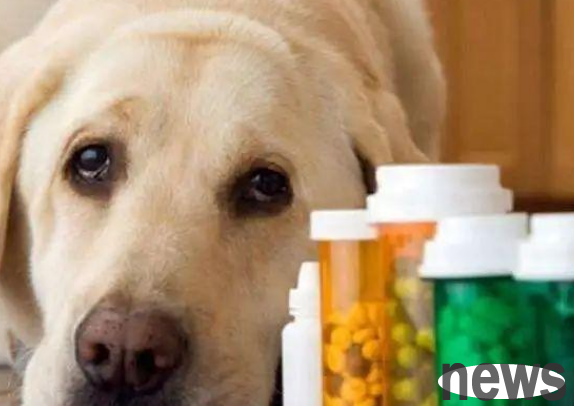Keeping pets has now become a fashion. With the continuous expansion of my country's pet market, there are many irregular dog farms and kennels in the pet market. Many dog farms do not care about the health and future habits of dogs. They simply provide food and water every day, and do not even clean up basic feces. In this case, many consumers easily buy sick dogs.

01 Case Introduction
Recently, the Pudong New Area Consumer Protection Committee received a complaint from consumer Ms. Ma. She paid 2,000 yuan to buy a pet dog from a kennel in November last year. She recently discovered that the pet dog had symptoms such as allergies.
Ms. Ma said:
Three months after purchasing the puppy, the puppy began to develop skin diseases. He went to four hospitals and was constantly taking medicine and injections. After testing for allergens, the results showed that he was allergic to environmental food. He spent 4,000 yuan and it was still not cured. The doctor said that the dog may have a genetic defect caused by inheritance. This requires a genetic test abroad to confirm, which costs more than five digits. There is currently no treatment in China, so he can only eat prescription food for the rest of his life.
Ms. Ma negotiated with the operator many times to no avail, so she had no choice but to call the complaint hotline 12315 and request a full refund.
02 Processing process and results
After receiving the complaint, the staff of the Consumer Protection Committee immediately contacted the operator and asked whether the pet sold had relevant after-sales warranty.
The operator said:
The skin disease that appeared three months after Ms. Ma’s dog was bought back may be caused by the environment or food, or it may be caused by improper breeding of Ms. Ma.
And the kennel’s warranty for dogs only covers canine distemper and parvovirus. In response to Ms. Ma’s question about genetic defects in the dogs themselves, we have found out that the parents of the pet dog sold to Ms. Ma and other pet dogs born from the same litter have not found any skin diseases.
requires Ms. Ma to provide evidence and can only refund the money after passing third-party testing and verification.
Informed Ms. Ma of the situation. Ms. Ma said that she was still a student and did not have the energy or money to get tested, so she said forget it.
03 Consumption Reminder
With the improvement of the quality of life, playing with cats and dogs has become a part of the lives of contemporary young people. For many people, cats and dogs are not even simple pets, but more like family members and relatives.
However, from a practical point of view, the after-sales issues of pet sales have always been a difficulty for the Consumer Protection Committee in handling complaints.
From the perspective of laws and regulations, there are deficiencies in the laws and regulations for pet consumption, and there are blind spots in the supervision of pet consumption;
From the perspective of evidence, it is difficult to distinguish what is right and what is wrong when a healthy puppy becomes sick after being bought.
What should I do if I buy a sick dog? What should I do if an unscrupulous merchant asks for evidence? These are all problems that need to be solved in current pet consumption.
The Consumer Protection Committee hereby reminds dog lovers
that if you want to buy a safe dog, in addition to having relevant selection knowledge, it is best to do on-site parvovirus and canine distemper tests.
In addition, both parties can draw up an agreement, such as ensuring the dog's health during the warranty period. At the same time, operators should obtain certification from quarantine, public security and other departments. For large-scale breeding or sales bases, they must also apply for a "Dog Business License".
Consumers should carefully check whether the operator has such a license. Regarding rights protection, consumers need to keep their contracts and medical records, and they can make complaints and reports to multiple departments such as quarantine and public security and their Consumer Protection Committee.
